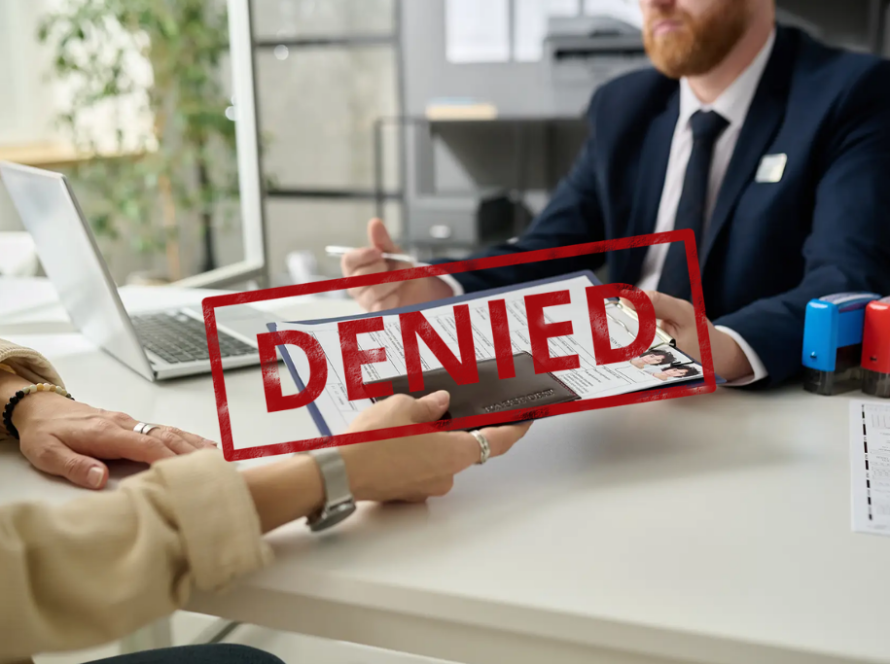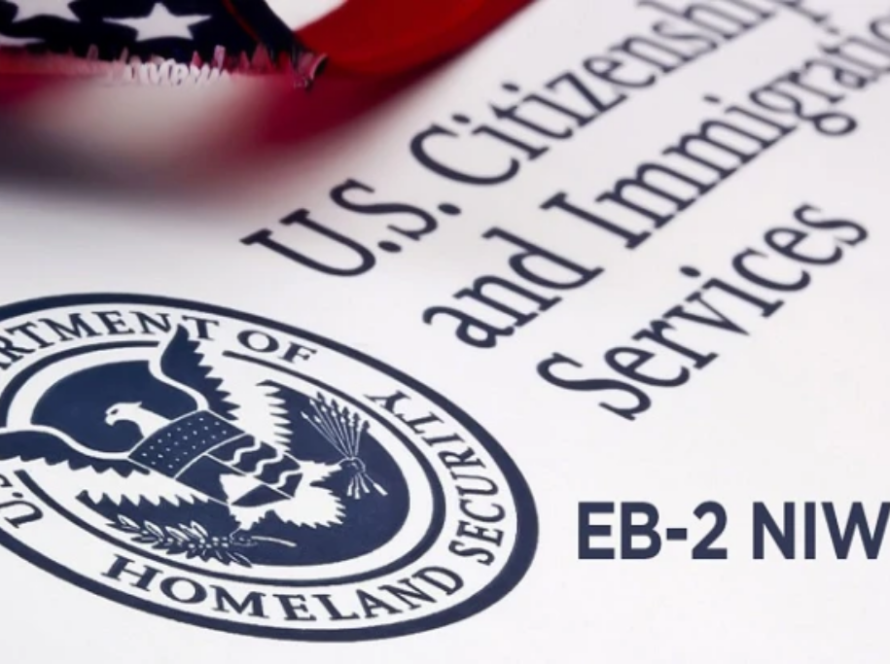Introduction
Becoming a U.S. citizen is more than a legal process—it’s a significant personal milestone. Whether you’re driven by the right to vote, the desire for permanent security, or the chance to reunite with family members more easily, U.S. citizenship opens doors to countless opportunities. But the path to naturalization can feel complex, especially when you’re trying to understand eligibility, paperwork, interviews, and long wait times.
Citizenship is typically achieved through the process known as naturalization, which is the legal act of becoming a U.S. citizen after fulfilling requirements set by Congress. These requirements involve residency, moral character, knowledge of English and U.S. civics, and allegiance to the Constitution.
Navigating this journey doesn’t have to be overwhelming, especially with the help of a best immigration lawyer who understands the nuances of your background, status, and legal rights. Whether you’re adjusting from a green card, resolving past legal issues, or managing a family-based case, having the right legal partner can smooth the way.
In this comprehensive guide, we’ll walk you through each step of the naturalization process, how to determine your eligibility, and how working with experts like a family immigration lawyer, immigration lawyer consultation, or waiver of inadmissibility lawyer can make a crucial difference.
Who Is Eligible to Apply for U.S. Citizenship?
The naturalization process is only available to certain individuals who meet specific criteria. The most common path is through permanent residency (green card holders).
General Eligibility Requirements:
- You must be at least 18 years old.
- Be a lawful permanent resident (green card holder) for at least 5 years (3 if married to a U.S. citizen).
- Show continuous residence and physical presence in the U.S.
- Demonstrate good moral character.
- Pass the English and civics tests.
- Take the Oath of Allegiance.
Special provisions apply to military members and certain children of U.S. citizens. A skilled immigration lawyer citizenship specialist can help determine your eligibility based on your unique background.
Step-by-Step Guide: How to Apply for U.S. Citizenship
1. Determine Your Eligibility
Not everyone qualifies the same way. If you have questions about your time as a green card holder or past legal issues, schedule an immigration lawyer consultation early in the process. This can help avoid costly mistakes.
2. Prepare Form N-400
This is the Application for Naturalization. It asks for detailed information about your residence, employment, family, travel history, criminal background, and more. Incomplete or inconsistent answers can delay or even derail your application.
3. Gather Required Documents
You’ll typically need:
- Green card (Form I-551)
- Marriage certificate (if applying under the 3-year rule)
- Tax records
- Proof of selective service (if applicable)
- Court dispositions for any arrests or legal issues
If you’ve had legal complications, you should consider working with a waiver of inadmissibility lawyer who can help clarify your status and gather documentation.
4. Pay the Application Fee
The standard fee is $725 (as of now), which includes biometrics. Low-income applicants may qualify for fee waivers.
5. Attend Biometrics Appointment
You’ll be scheduled to provide fingerprints and photos. These will be used for background checks.
6. Complete the Naturalization Interview
At this stage, a USCIS officer will ask you questions about your background, your application, and test your knowledge of English and U.S. civics.
7. Take the Oath of Allegiance
If you pass the interview and tests, you’ll be invited to a naturalization ceremony. Once you take the Oath of Allegiance, you officially become a U.S. citizen.
How an Immigration Lawyer Can Help
Applying for citizenship might seem straightforward, but each case has unique challenges. Some applicants need to prove continuous residence, others may struggle with the civics exam, and many face legal hurdles from prior immigration violations.
This is where the best immigration lawyer becomes invaluable. Here’s how they can support your journey:
- Review eligibility and help you understand your best options.
- Fix errors in paperwork and prepare accurate documentation.
- Coach you for the citizenship interview and tests.
- Represent you if issues arise (e.g., criminal history, fraud, inadmissibility).
For those facing unique barriers—like a previous overstay or criminal charge—a waiver of inadmissibility lawyer is critical to getting past legal hurdles.
Special Cases: Family-Based and Employment-Based Pathways
Naturalization isn’t just about the individual. Many applicants are part of family or employment-based immigration stories.
Family-Based Citizenship:
If your spouse is a U.S. citizen, you may apply after only 3 years of permanent residence. A family immigration lawyer can help ensure your application is backed by the right relationship and residency evidence.
Employment-Based Immigration:
Some permanent residents obtained green cards through work. If you’re unsure about your transition from work visa to green card to citizenship, talk to an employment based immigration lawyer to clarify your timeline and next steps.
What If You Have a Criminal Record?
A criminal record doesn’t automatically disqualify you from citizenship, but it can delay the process or lead to denial. “Good moral character” is a legal standard reviewed over the past 5 years, and any arrests, convictions, or other violations will be scrutinized.
This is one of the most important times to work with a best deportation defense attorney or waiver of inadmissibility lawyer who can help you:
- Analyze the impact of your record.
- File for waivers, expungements, or post-conviction relief.
- Prepare defense strategies if needed.
Never apply blindly with a criminal history—this can lead to not just denial but removal proceedings.
Naturalization Through Consular Processing
In rare situations, people may pursue naturalization through consular processing, typically when a derivative citizenship claim is made abroad. This process involves applying through a U.S. embassy or consulate.
A consular processing lawyer can help with overseas applications, especially for:
- Children born abroad to U.S. citizen parents.
- Citizens applying after long stays overseas.
- Complicated inheritance or citizenship by descent cases.
Asylum Seekers and Citizenship
If you’ve been granted asylum in the U.S., you can apply for a green card after one year, and for citizenship five years after becoming a permanent resident.
Working with an asylum immigration lawyer ensures your documentation is in order and your asylum-based history is aligned with naturalization criteria.
Common Mistakes to Avoid
- Filing before you’re eligible.
- Failing to disclose trips abroad or previous arrests.
- Lying or omitting details during the interview.
- Not preparing for the English and civics tests.
To avoid these, always review your situation with an immigration lawyer consultation before submitting Form N-400.
Conclusion
Becoming a U.S. citizen is a powerful step. It grants you full rights under the Constitution, protects you from deportation, and opens new opportunities—from voting to federal employment and beyond. But while the goal is simple, the journey can be complex.
Whether you’re a green card holder through family, employment, or asylum—or even if you’ve had bumps along the way—working with a skilled immigration lawyer will help you put forward a strong, clean application.
From eligibility assessment to interview preparation, from waivers to legal representation, attorneys specializing in immigration law, citizenship, family immigration, or deportation defense can offer peace of mind every step of the way.
Remember: Citizenship isn’t just about paperwork. It’s about belonging—and that’s worth doing right.
FAQs
1. Can I apply for citizenship with a criminal record?
Yes, but it’s risky. Consult a best deportation defense attorney or waiver of inadmissibility lawyer before applying.
2. Do I need to speak English to become a citizen?
Yes, in most cases. Exceptions exist for older applicants with long-term residency. A good immigration lawyer can advise you.
3. What if I travel outside the U.S. a lot?
Too many or long absences may affect your continuous residence requirement. Consult an immigration lawyer for strategy.
4. Can my children become citizens too?
Possibly. Children under 18 may derive citizenship automatically. Talk to a family immigration lawyer to confirm.
5. Is there a way to apply while living abroad?
In limited cases, yes. A consular processing lawyer can guide you through U.S. citizenship from abroad.


